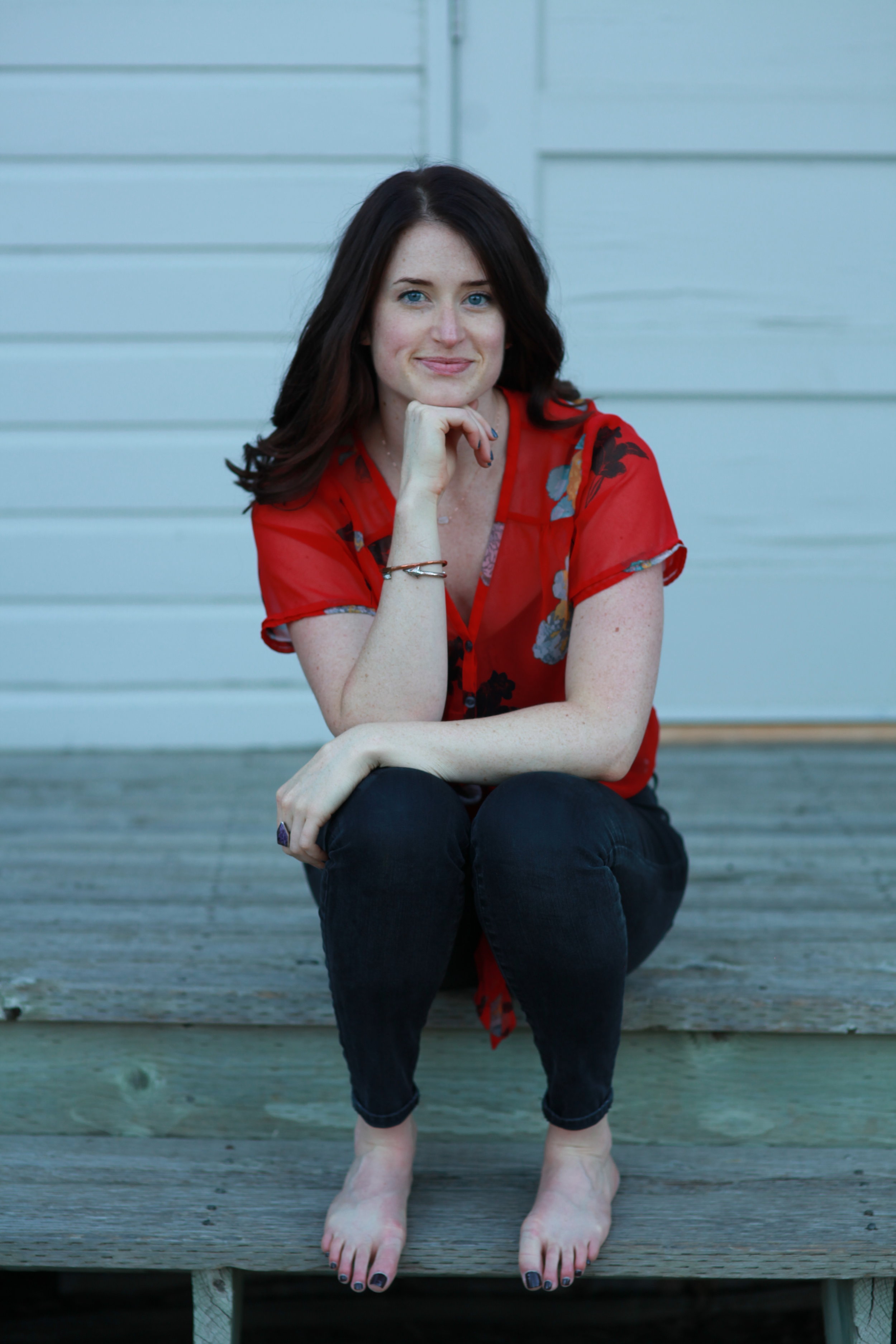New Year's Goals? You MUST get clear on this first!
/Doing the deeper work might seem like the longer road, but it will actually get you to where you want to be MUCH more quickly (and more enjoyably) than superficial diets will.
This time of the year makes us ripe for the picking.
All of the New Year, New You talk—especially when it comes to dieting—can make us feel like big ol’ piles of shit if we’re not mindful of our consumption, our responses to advertising, and our own internal narratives.
By targeting our insecurities, the gyms, diet programs, social media mavens, and supplement companies hit us where it hurts.
They serve to remind us of our physical “imperfections” and double-down on the notion that we’re here to be looked at. Nothing more.
Conversely (and as an unpopular opinion), I don’t believe there’s nothing wrong with using January 1st as a time to bring renewed attention to certain areas of our lives.
The important piece, however—the one most don’t discuss—is the intention behind the actions.
There’s nothing inherently wrong with wanting to lose weight.
There’s nothing inherently wrong with paying more attention to the food we put in our mouths.
There’s nothing inherently wrong with wanting to move more or differently than we have been.
The intentions and motivations behind these actions are what determine their health, value, and longevity.
If you have physical, health, or aesthetic goals, I ask you to consider the following:
Am I doing this from a place of loving myself currently? Or do I believe I’ll be able to love myself once I achieve my goal?
Are my choices rooted in shame, either from others or myself?
Is the desire to change my body due to my own preferences? Or have they been imposed on me by someone else, society at large, or both?
Am I striving for a different version of myself because I believe I deserve to feel amazing today and also something more? Or is it due to believing I’m inadequate and unworthy as I stand today?
Is my desire to make these changes rooted in a foundation of self-respect? Or self-loathing?
**Note that every single one of these takes time to unpack and differentiate between the truth, your ego (i.e. the monkey brain), and the voices & opinions of others.**
If you don’t have clear answers to these questions OR it’s clear that your motivation for change is rooted in fear, self-loathing, unworthiness, lack of self-respect, etc., then THAT is the work.
Not your physical body.
Difficult and unglamorous as it may seem, the internal work should always be the first stop.
This—of course—will indirectly impact the choices you make when it comes to your health and physical body.
They’re the byproduct though, not the main event.
The New Year is a magical time of the year if we choose to see it that way, and I’m a huge fan of goal-setting, getting clear on intentions, and laying the foundation for magic to happen.
This can happen on any day of the 365 we have in a year, however. But we all know this to be the case:)
If you’re getting geared up for revamping your diet and/or exercise regimen in January 2019, and you’ve been doing the same song and dance year after year with overly restrictive diet rules and excessive exercise, consider the notion that there’s a better way.
A way in which you’re addressing the uncomfortable emotions and internal narratives on a deep level while simultaneously learning how to treat your body with love and respect.
Isn’t that what we’re all really seeking anyways?
Let 2019 be the year you double down on yourself from the inside out, and don’t let any external influence convince you that you’re not worthy of this change.
I’d love to guide you through this empowering journey of doing the hard work—the only work that will lead to meaningful and long-lasting results









